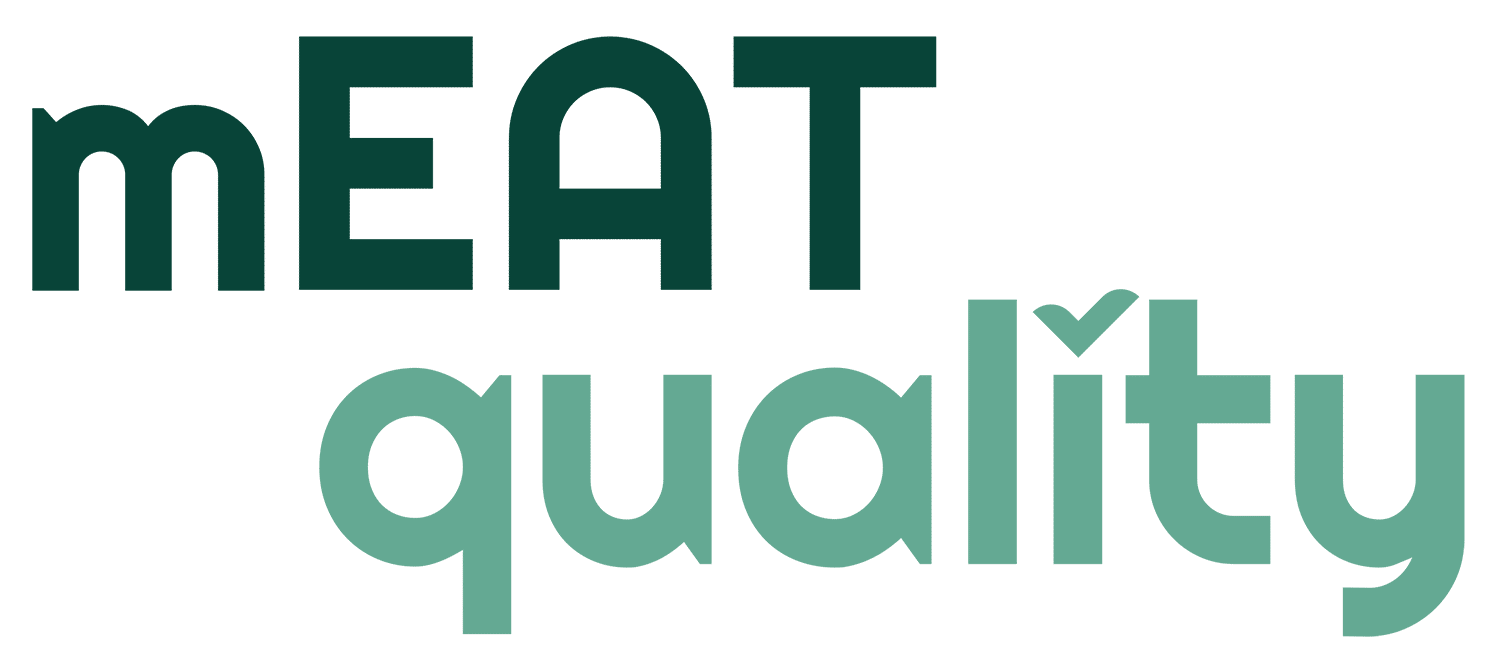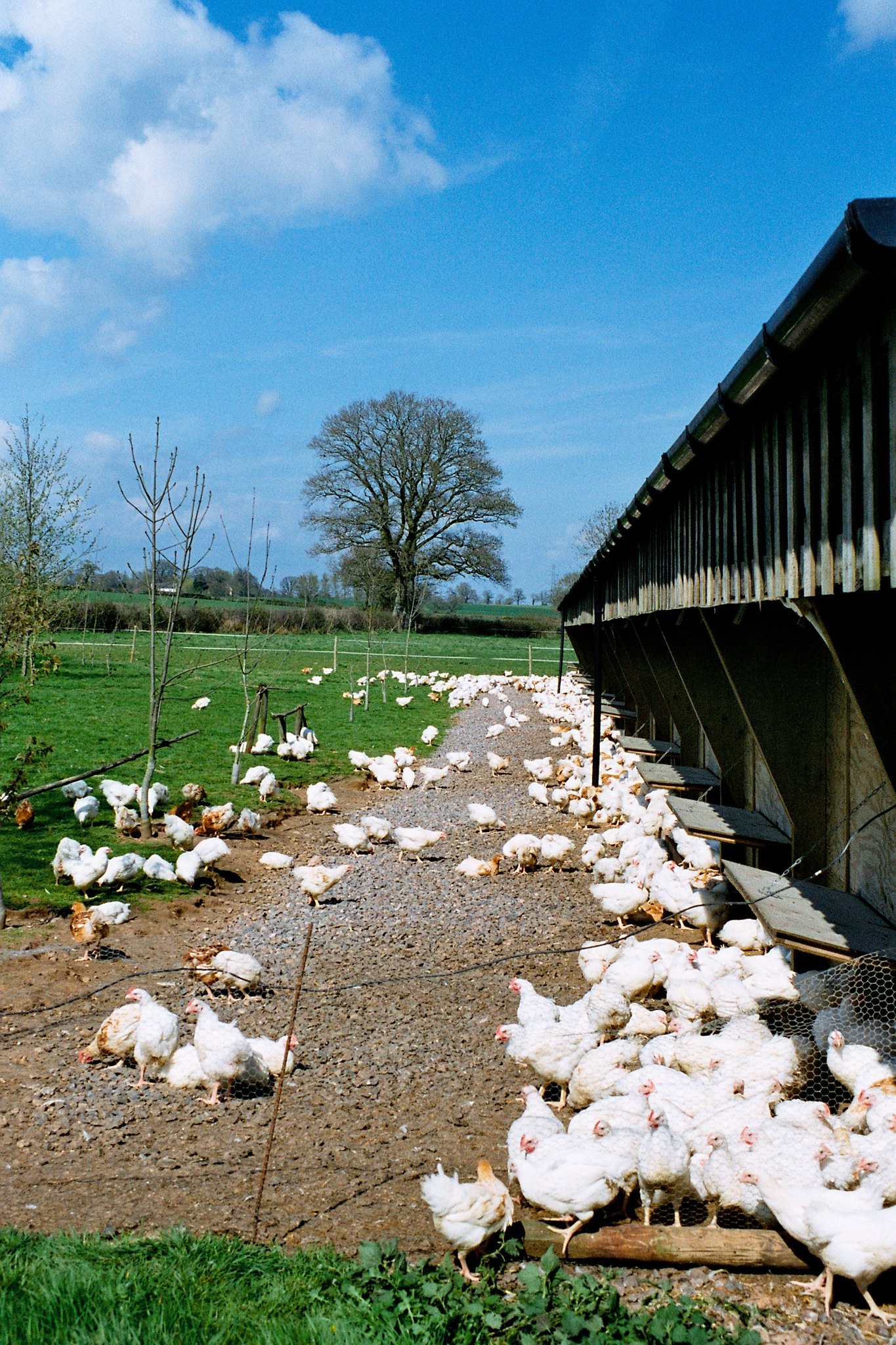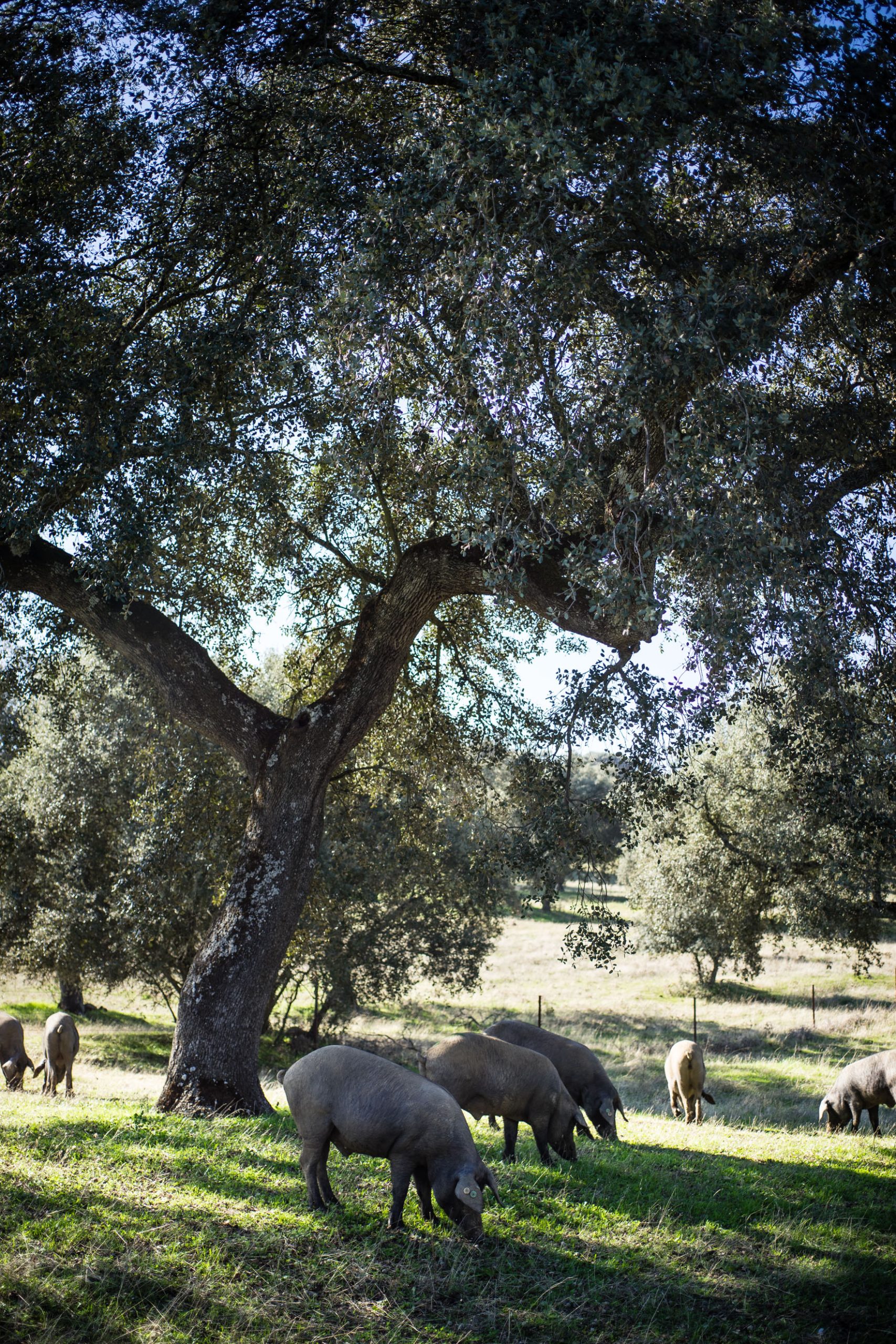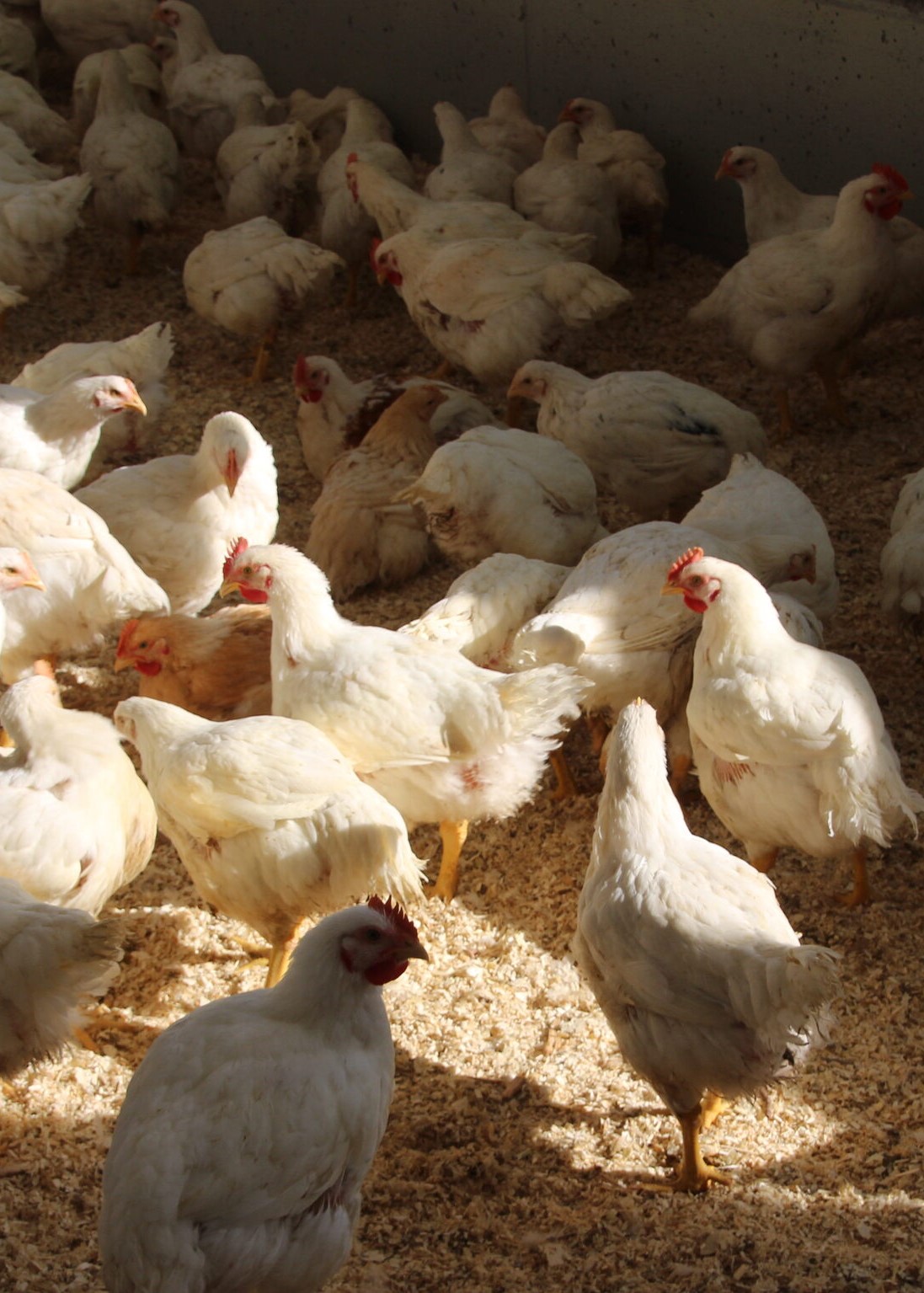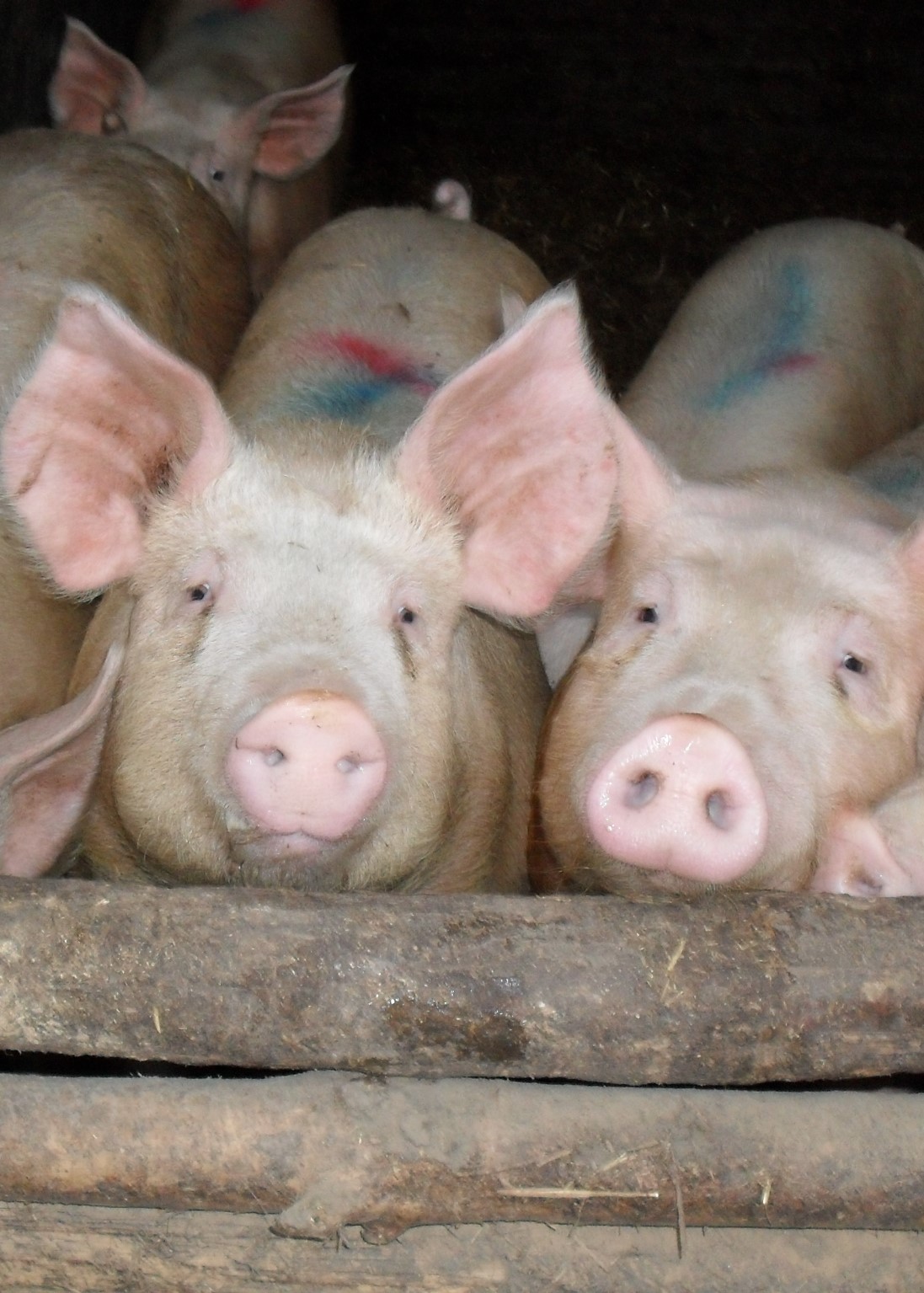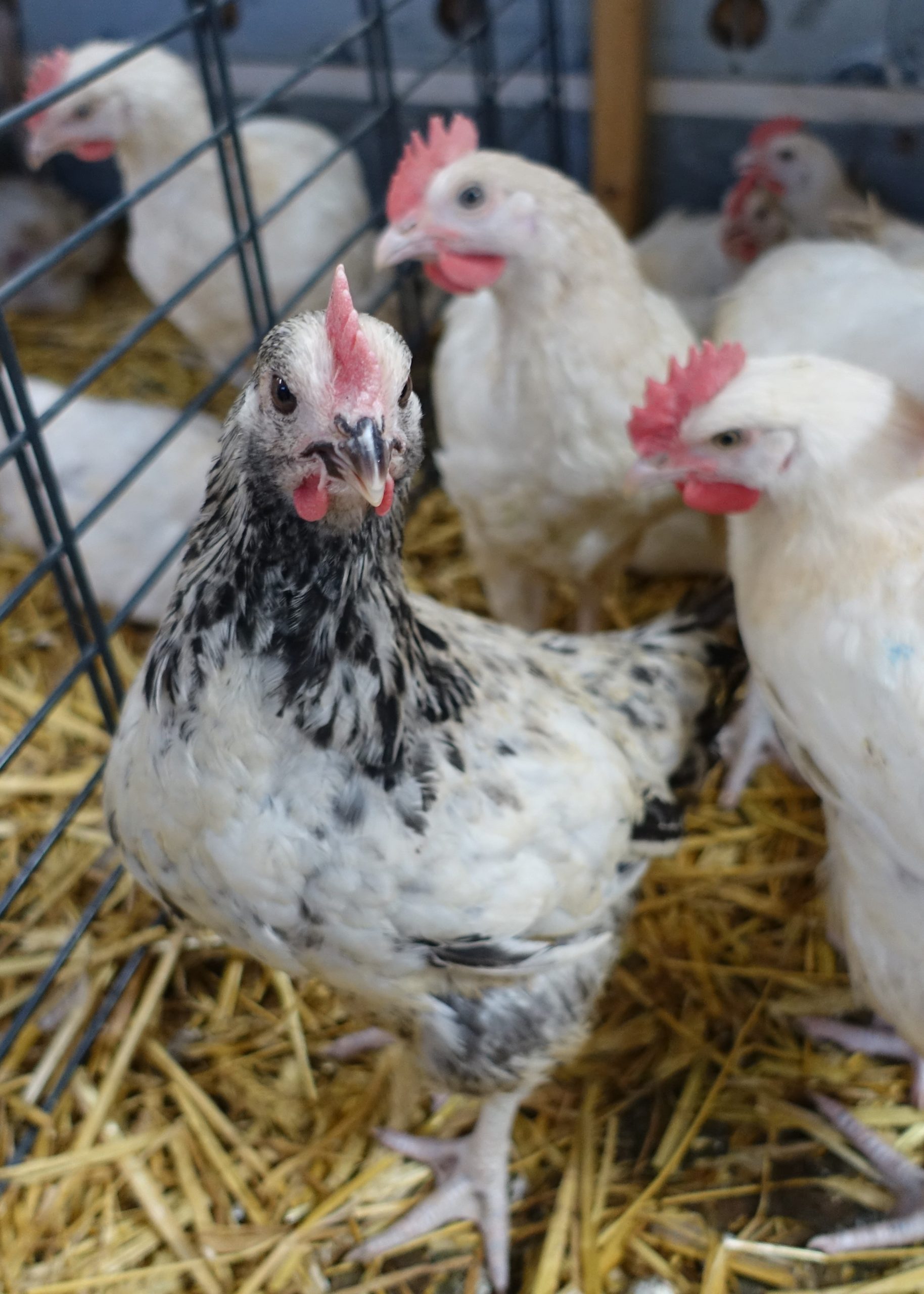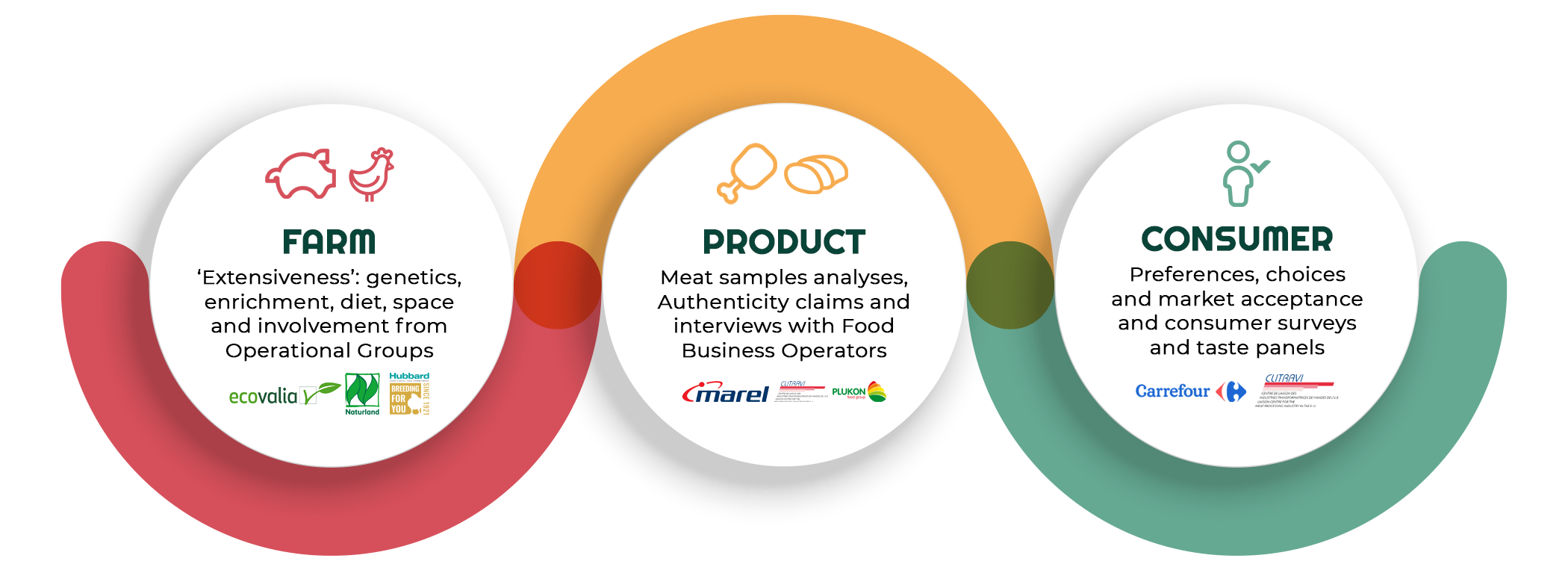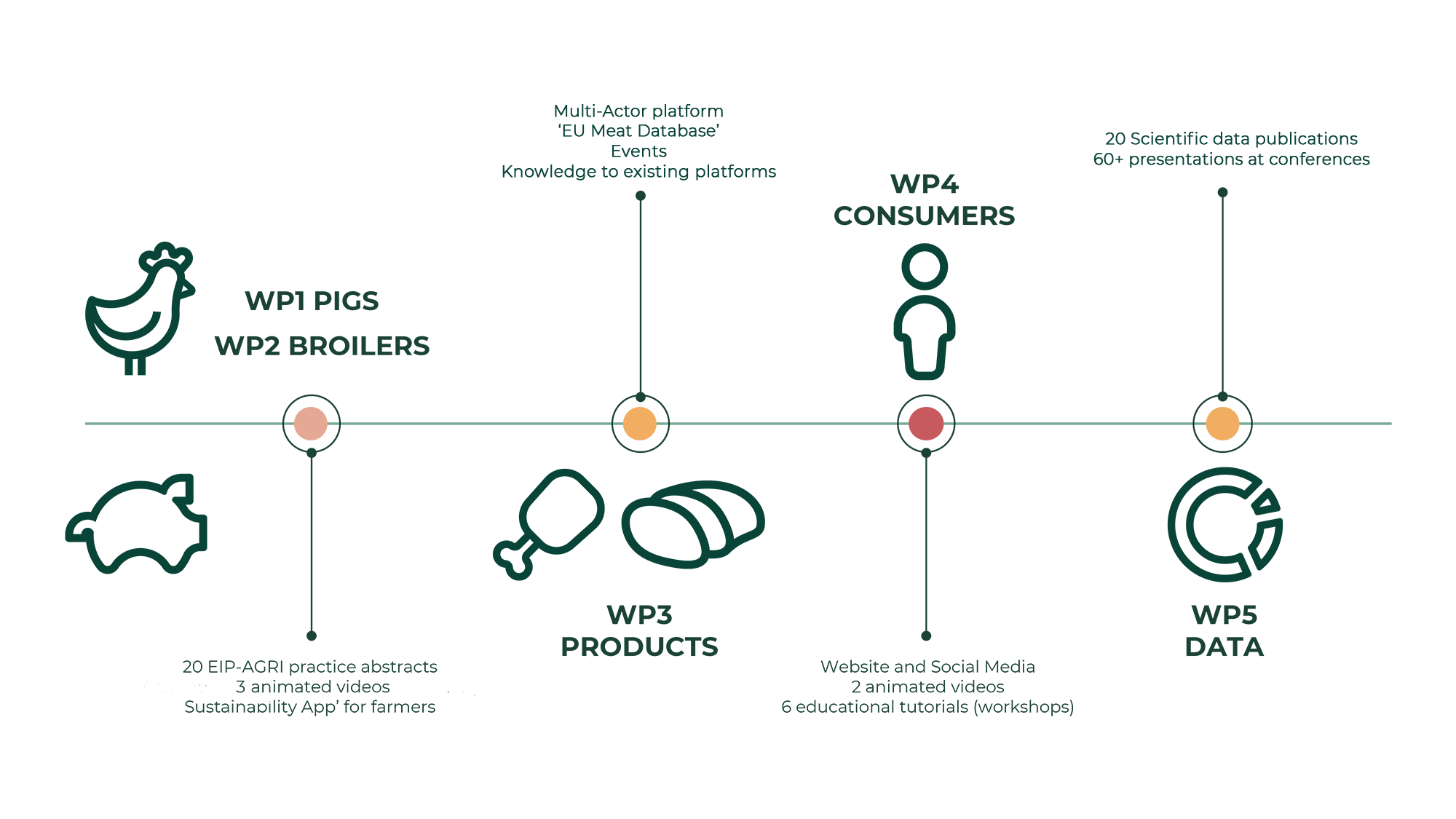Description
European citizens believe that current animal husbandry practices are too intensive. mEATquality analyses consumer attitudes, perceptions, and preferences regarding sustainable meat production. The husbandry factors that determine ‘extensiveness’ can be applied and optimised in organic, free range and conventional production systems.
Objectives
Specific Objectives

WP1
To improve the quality of pork from conventional and organic farming systems by understanding how it is affected by extensive versus intensive production factors on-farm.

WP2
To improve broiler meat quality of different production systems including organic by applying knowledge on extensive and intensive production factors that affect it on the farm.

WP3
To develop novel methodologies of determining the authenticity, quality and safety of meat to support claims related to intrinsic meat characteristics and sustainable husbandry factors.

WP4
To determine consumer preferences for intrinsic and extrinsic quality of meat relating to the animal husbandry and meat quality aspects investigated in WP1-3.

WP5
To identify the quantitative relationships between husbandry factors, meat quality characteristics and consumer preferences, for use by scientists and stakeholders.

WP6
To co-create practical solutions to support farmers and chain partners to improve, measure, verify and communicate aspects of sustainable pig and poultry husbandry, and produce high-quality and sustainable pork and broiler meat.
